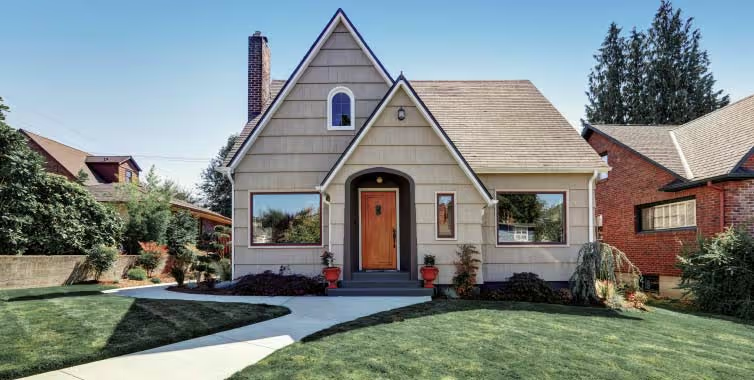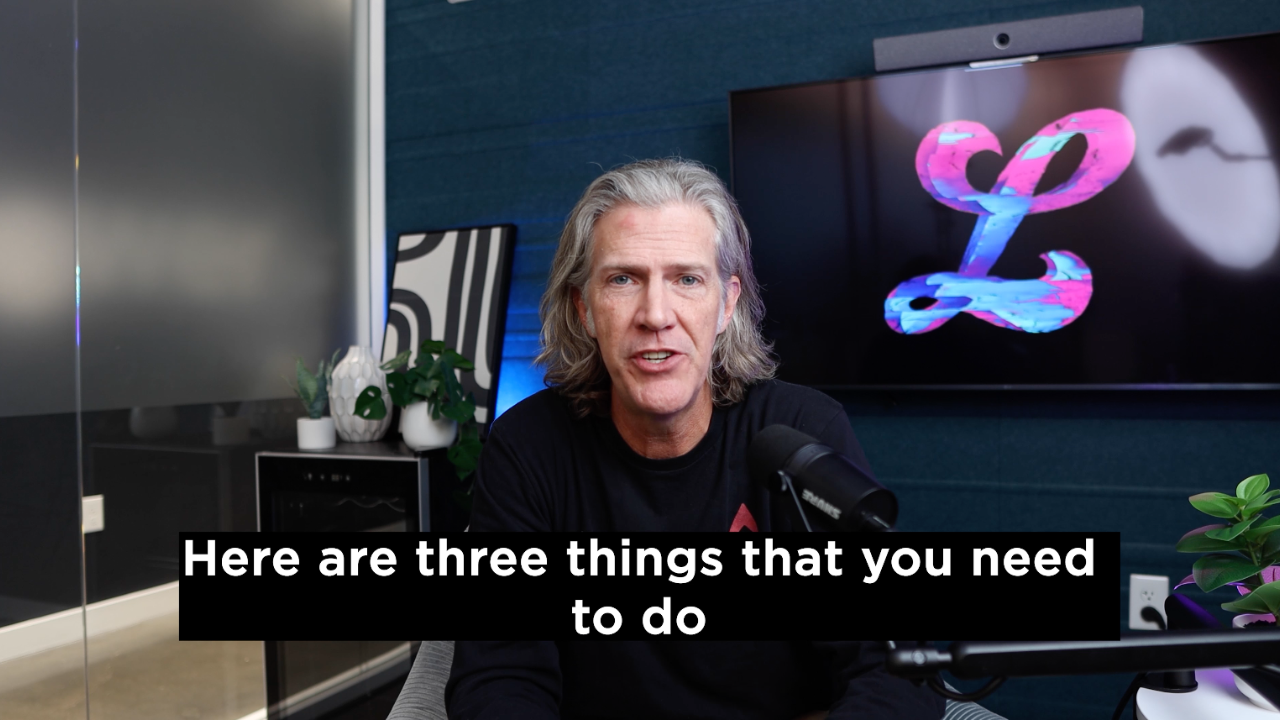Question #1: Am I ready to buy a home?
Financially Ready
Do I qualify?
This’ll be an easy one. You can see what you qualify for by reaching out to a mortgage lender. If you aren’t able to qualify with one lender, it’s best to get another opinion, as some lenders have different programs.
If you want to do some quick math before talking to a lender, the most important number is your debt-to-income ratio. Simply, the amount of money you reliably make every month, divided by the minimum payments on any debt you have (think car payment, or credit card bill, not grocery bill). Things you receive billing statements for.
Trainer Jake’s Quick Tip: When you’re figuring out your DTI, always use your gross income for the calculation. Many borrowers assume it’s the amount in their paycheck after taxes, but you’ll want to use your full salary or before-tax income.
Lifestyle Ready
This is a bit subjective, so you may already know if your lifestyle is ready for owning a home. For example, if you’re planning on moving to Bali next year, owning a home for that short of time might be more hassle than it’s worth. (Unless you want to rent it out while you’re gone, of course.)
Homeownership also means taking care of the property and performing maintenance tasks. If you don’t want or aren’t able do them, you can hire these tasks out, but you’ll want to make sure you have the funds to do so. Things like a new garbage disposal and gutter cleaning can add up when paying a professional.
Question #2: Do I want to buy a home?
Big decision. Very confusing. You’ve got friends telling you to keep renting, and you actually like renting. You also have family members telling you it’s time to start building equity, and you want to do that, too. So. How can you sort through the BS and tell if you actually want to buy a home? Let’s walk through it.
Does the level of home I want fit into my budget?
If you’ve got champagne taste on a beer budget, owning a home may not be the most rewarding experience, at least at first. For example, if you’re wanting a penthouse condo but your budget says small home in the ‘burbs, your wants are quite a ways off.
Do I want to invest in my investment?
History shows us that your home’s value and your resulting equity will most likely rise naturally over time. But truly investing in your home can make that process go much further. That is, making improvements and maintaining the home on a regular basis.
Notice the one question we DIDN’T ask.
”Is it the right time to buy a home?” That question is rooted in a belief that the market should dictate what you do with your personal and financial life. The secret is, though, you don’t want to wait for something you can and want to get now.
1. You’ll miss out on equity earned in the time between now and when you end up buying.
2. Home prices rise with time.
"But what if this says I’m NOT ready or want to buy a home?"
The world isn’t perfect, and it’s all a spectrum. These questions are simply indicators.
Here are five financial questions and five personal/lifestyle questions to help you better determine if you’re ready to buy a home. Answer the following questions to get a better idea.

















.svg)

.svg)














